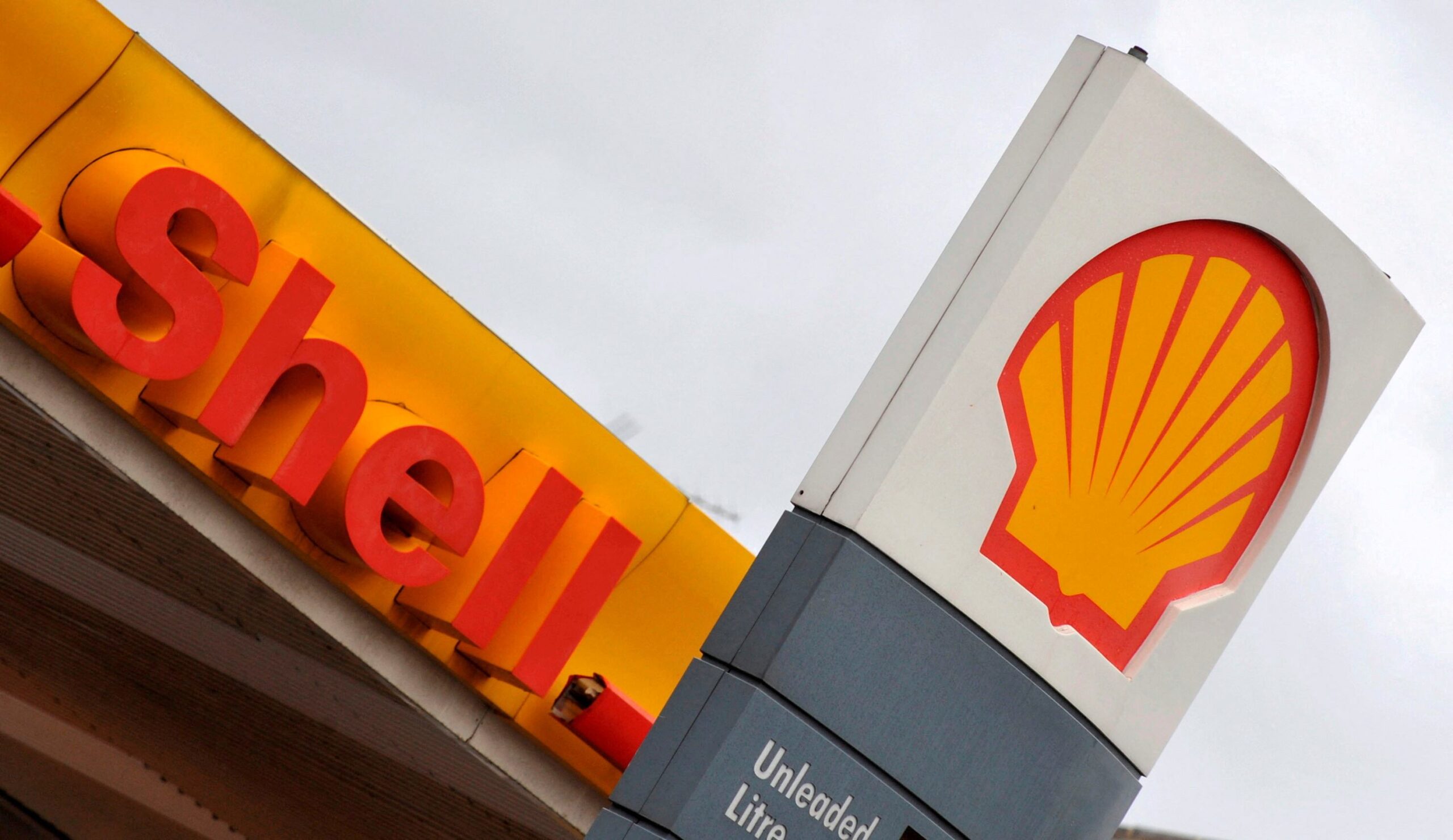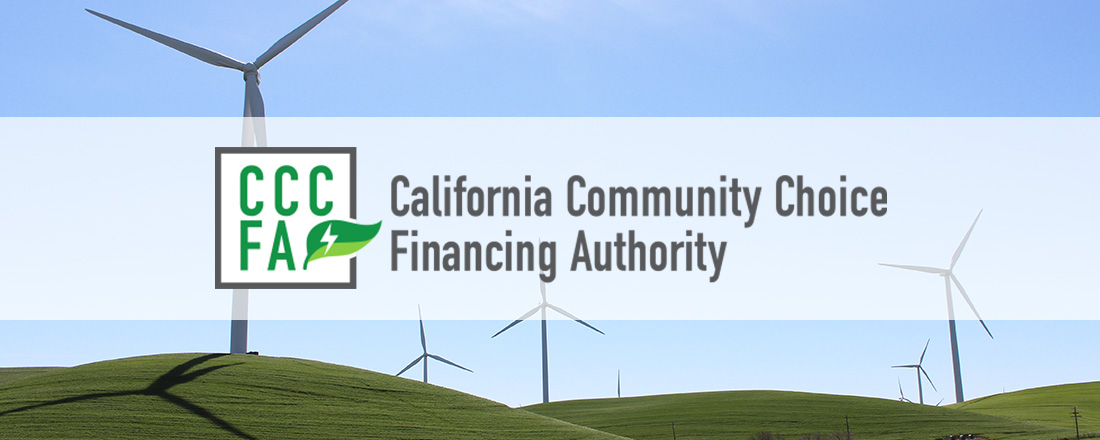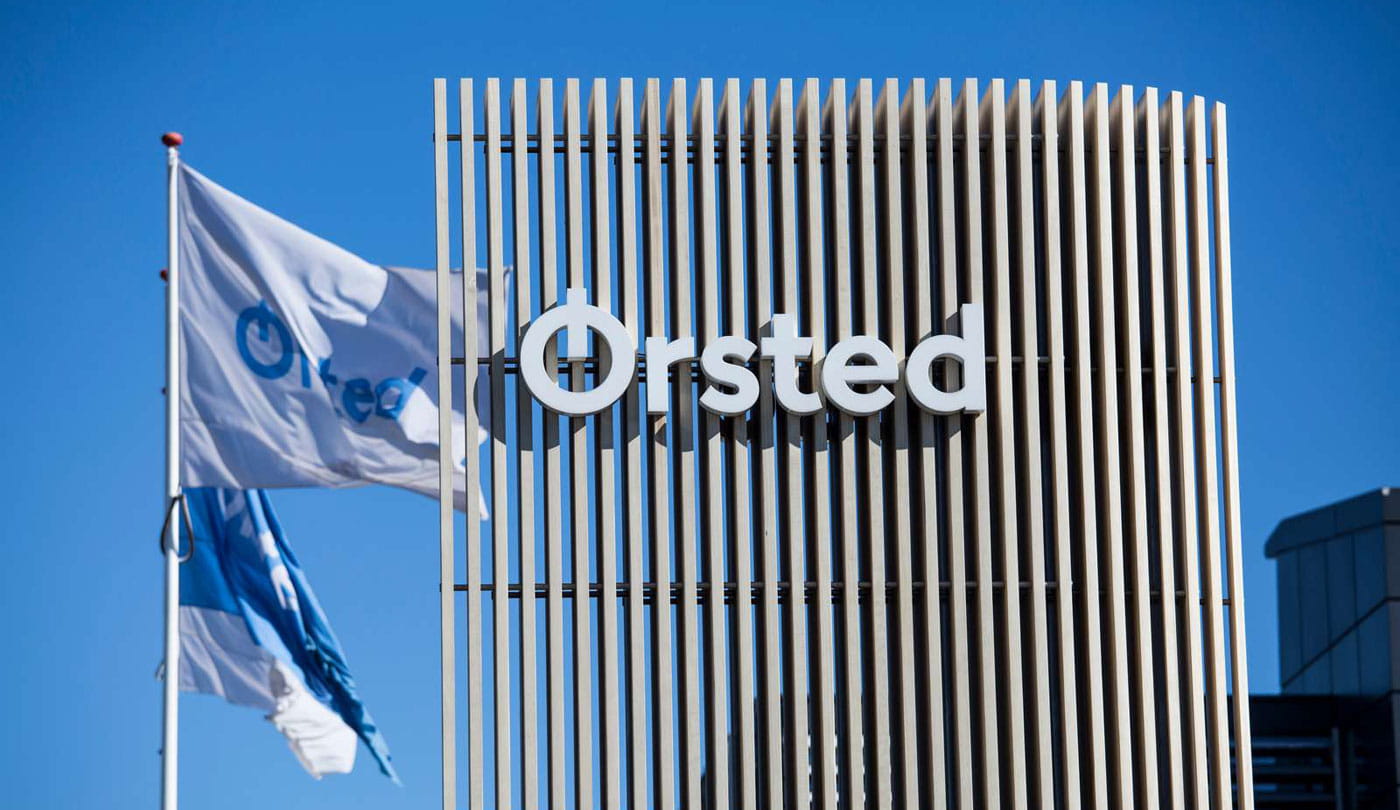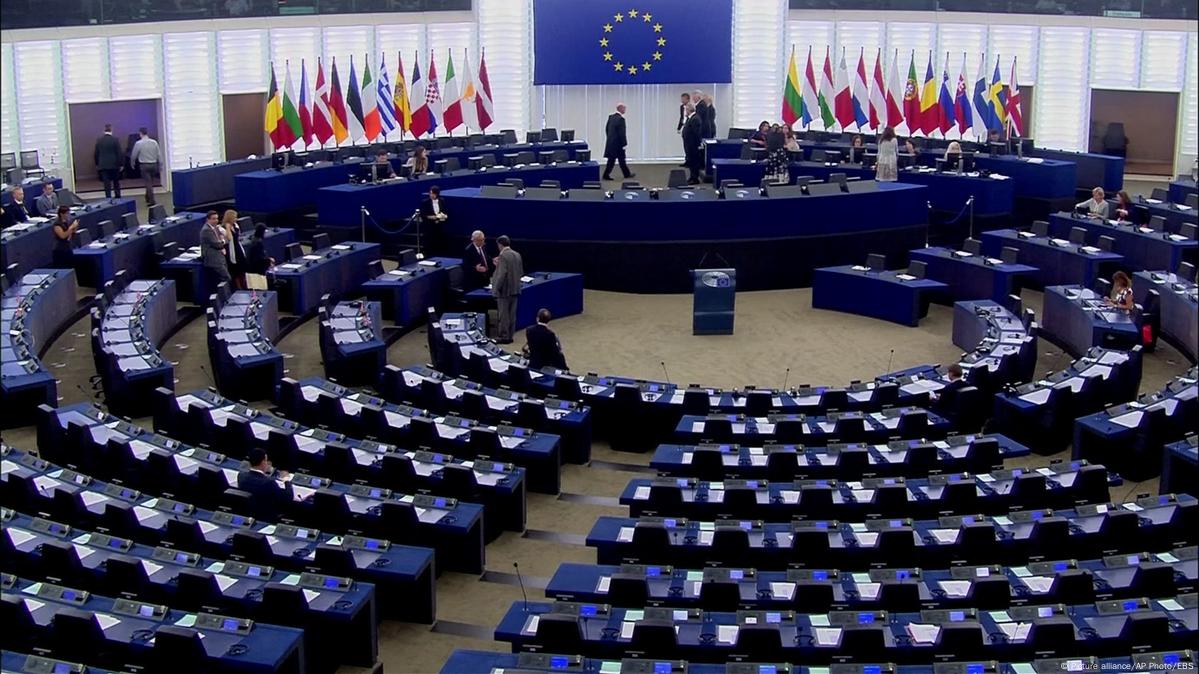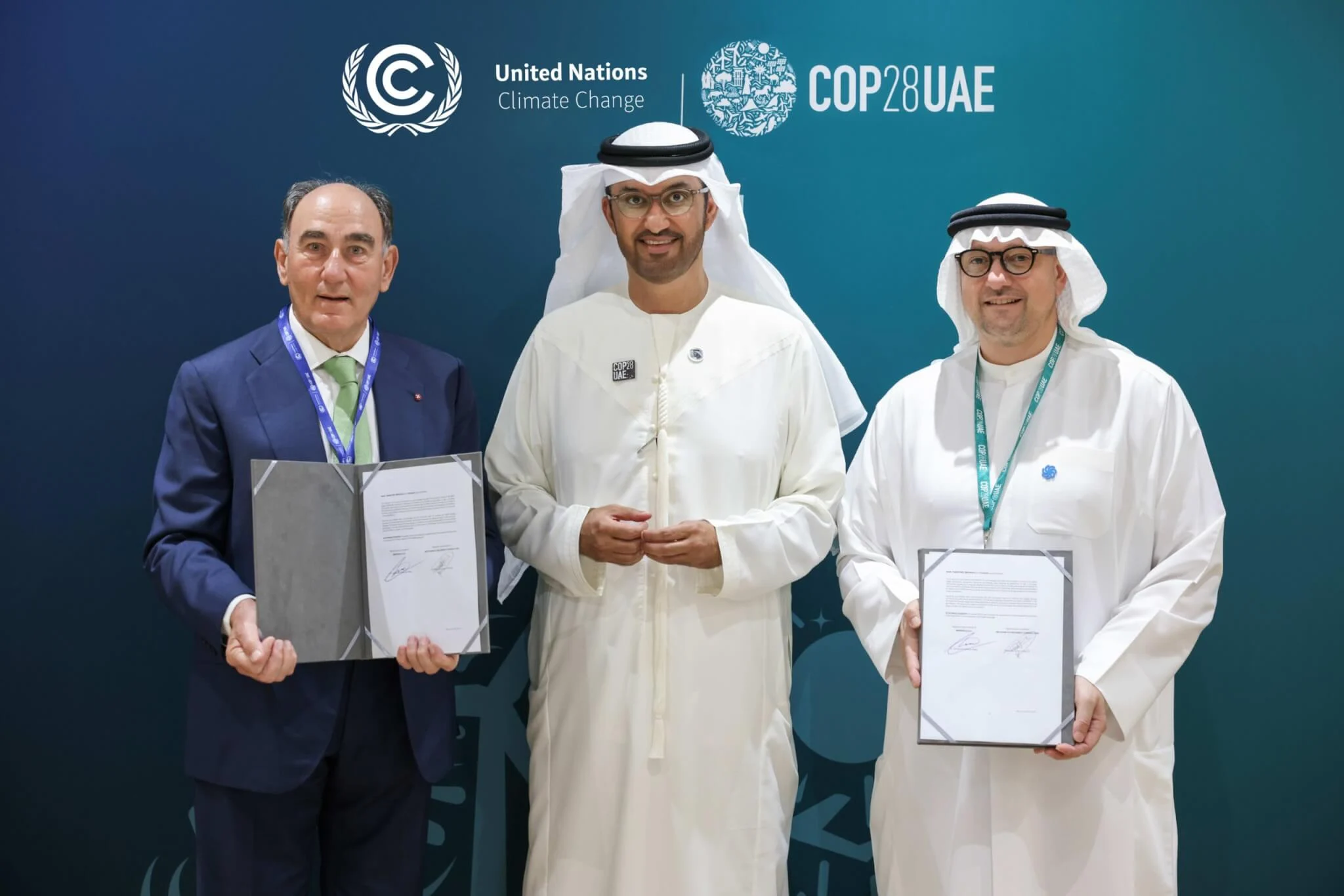MDBs Provide Record Climate Finance of $60 billion for Low, Middle-income Economies in 2022

|
Listen to this story:
|
- $60.7 billion of climate action support in low and middle-income economies, including $22.7 billion for climate change adaptation
- Worldwide, MDB climate finance reaches nearly $100 billion, up from $82 billion in 2021
- The amount of mobilised global private finance stands at $69 billion, up from $41 billion in 2021
A joint report by multilateral development banks published today finds that MDB climate finance reached a record high in 2022. The announcement comes as delegates meet in Marrakesh, Morocco, for the World Bank Group and International Monetary Fund Annual Meetings, where scaling up public climate finance, in particular for low and middle-income economies, is one of the items at the top of the agenda.
Low and middle-income economies
In 2022, $60.7 billion of MDB climate finance was provided for low-income and middle-income economies: $38.0 billion, or 63% of this total, was for climate change mitigation finance and $22.7 billion or 37% for climate change adaptation finance. The amount of mobilised private finance stood at $16.9 billion.
High-income economies
In 2022, $38.8 billion was allocated for high-income economies. Of this total, $36.3 billion or 94% was for climate change mitigation finance, and $2.5 billion or 6% was for climate change adaptation finance. The amount of mobilised private finance stood at $51.9 billion.
Surpassing climate finance targets
With the record 2022 climate finance volumes, MDBs are surpassing for the second year in a row the 2025 climate finance targets they set themselves at the UN Secretary General’s Climate Action Summit in 2019. This included delivering an expected collective total of $50 billion in climate finance for low-income and middle-income economies, at least $65 billion of climate finance globally, with an expected doubling in adaptation finance to $18 billion; and private mobilisation of $40 billion. Compared to 2019 volumes, MDB 2022 climate finance for low and middle-income economies increased by 46% (2019, $41.5 billion) and global MDB climate finance by 62% (2019, $61.6 billion).
Related Article: MUFG and Partners Launch $1.5 Billion Climate Finance Platform
“The urgent need to scale up climate finance is at the heart of the call for multilateral development banks to do more in tackling the climate emergency. With nearly $100 billion of climate finance worldwide, including a significant increase for low and middle-income countries, the report shows that MDBs are delivering on their commitments and are doing so ahead of schedule. But we must do more and as the EU climate bank we are ready to step up. The EIB is working with our fellow MDBs and the COP28 Presidency on how to mobilise more private finance and accelerate support for countries and the private sector to meet the Paris climate goals,” said EIB Vice-President Ambroise Fayolle.
The EIB delivered record volumes of $32.9 billion of climate finance in high-income economies and $4.2 billion for low and middle-income economies through its specialised development arm EIB Global. EIB-mobilised global private finance stood at $46.6 billion.
Transparent joint reporting on climate finance
The Joint Report on MDBs’ Climate Finance is an annual collaborative effort to publish MDBs’ climate finance figures, together with a clear explanation of the methodologies for tracking this finance as climate finance. This joint report is intended to track progress in relation to MDB joint climate finance targets such as those announced at the UN Climate Change conference (COP21) and the greater ambition pledged for the 2021-2025 period.
This year’s report brings the Council of Europe Development Bank and the New Development Bank’s climate finance fully into the MDB reporting, so that for the first time all ten MDBs’ climate finance is included in the aggregated data reported. Even without the two MDBs joining the reporting, global climate finance went up to $98 billion in 2022. In addition, this year’s report includes a more detailed breakdown of MDB climate finance in least developed countries and small island developing states.
The 2022 multilateral development bank report, coordinated by the EIB, combines data from the African Development Bank (AfDB), the Asian Development Bank (ADB), the Asian Infrastructure Investment Bank (AIIB), the Council of Europe Development Bank (CEB), the European Bank for Reconstruction and Development (EBRD), the European Investment Bank (EIB), the Inter-American Development Bank Group (IDBG), the Islamic Development Bank (IsDB), the New Development Bank (NDB) and the World Bank (WB).

